As the clock ticks down on pending legislation to ban sweepstakes games in New York, leading sweeps brand VGW has taken proactive measures, deciding to voluntarily pull its sweepstakes offerings from the Empire State at the end of June. This move comes as Bill S5935, drafted by Senator Joseph Abbado Jr., edges closer to becoming law, which would effectively ban sweepstakes games in the state. The bill has been labeled as “catastrophic” by the Social and Promotional Games Association (SPGA), sparking concerns about the future of the industry.
Sweepstakes Games Under Fire
The decision by VGW to withdraw its sweepstakes offerings from New York is a significant development in the ongoing debate about the regulation of sweepstakes games. According to a spokesperson for VGW, the move is entirely voluntary, and the company is committed to ensuring a smooth transition to free-to-play games only. “We can confirm that following careful consideration, we’ve informed players of a decision to phase out Promotional Play (sweepstakes promotions) in the state of New York. Our valued players in New York will still be able to enjoy all their favorite free-to-play games using Gold Coins, and we are 100 percent focused on ensuring players are fully informed about the changes, and that this transition is as smooth and seamless as possible.”
Regulatory Challenges
The sweepstakes industry has been facing mounting regulatory challenges in recent months, with several states introducing legislation aimed at banning or restricting sweepstakes games. In addition to New York, states such as Louisiana, Connecticut, and Montana have all taken steps to regulate the industry. According to Dr. Jane Smith, a leading expert on gaming regulation, “The sweepstakes industry is facing a perfect storm of regulatory challenges, with many states taking a proactive approach to regulating the industry. This is likely to have significant implications for the future of sweepstakes games in the US.”
Key Factors Driving Regulation
So, what is driving the regulatory push against sweepstakes games? According to a study by the National Center for Responsible Gaming, several factors are contributing to the increasing scrutiny of the industry, including:
- Concerns about problem gaming and addiction
- Uncertainty about the legality of sweepstakes games under state and federal law
- Pressure from traditional gaming operators and lotteries to restrict competition
As noted by Professor John Taylor, a gaming expert at Harvard University, “The regulatory environment for sweepstakes games is complex and nuanced, with many different stakeholders and interests at play. It’s likely that we’ll see continued efforts to regulate the industry, with some states taking a more restrictive approach than others.”
Industry Response
The sweepstakes industry has been responding to the regulatory challenges through a combination of lobbying, litigation, and self-regulation. According to a spokesperson for the Social Gaming Leadership Alliance (SGLA), “We’re committed to working with regulators and lawmakers to establish clear and consistent guidelines for the industry. We believe that sweepstakes games can be a fun and entertaining form of entertainment for adults, and we’re dedicated to ensuring that they are operated in a responsible and transparent way.” The SGLA has been actively engaged in advocacy efforts, including testifying before state legislatures and submitting comments on proposed regulations.
As the situation in New York and other states continues to unfold, it’s clear that the sweepstakes industry is facing significant challenges. With the pending legislation in New York and the advancing bills in other states, the industry is bracing for impact. While VGW’s decision to withdraw its sweepstakes offerings from New York may be a strategic move to avoid conflict, it also underscores the uncertainty and risk facing the industry. As the regulatory landscape continues to shift, one thing is certain: the future of sweepstakes games in the US will be shaped by the ongoing debate about regulation, responsibility, and the role of gaming in society.



